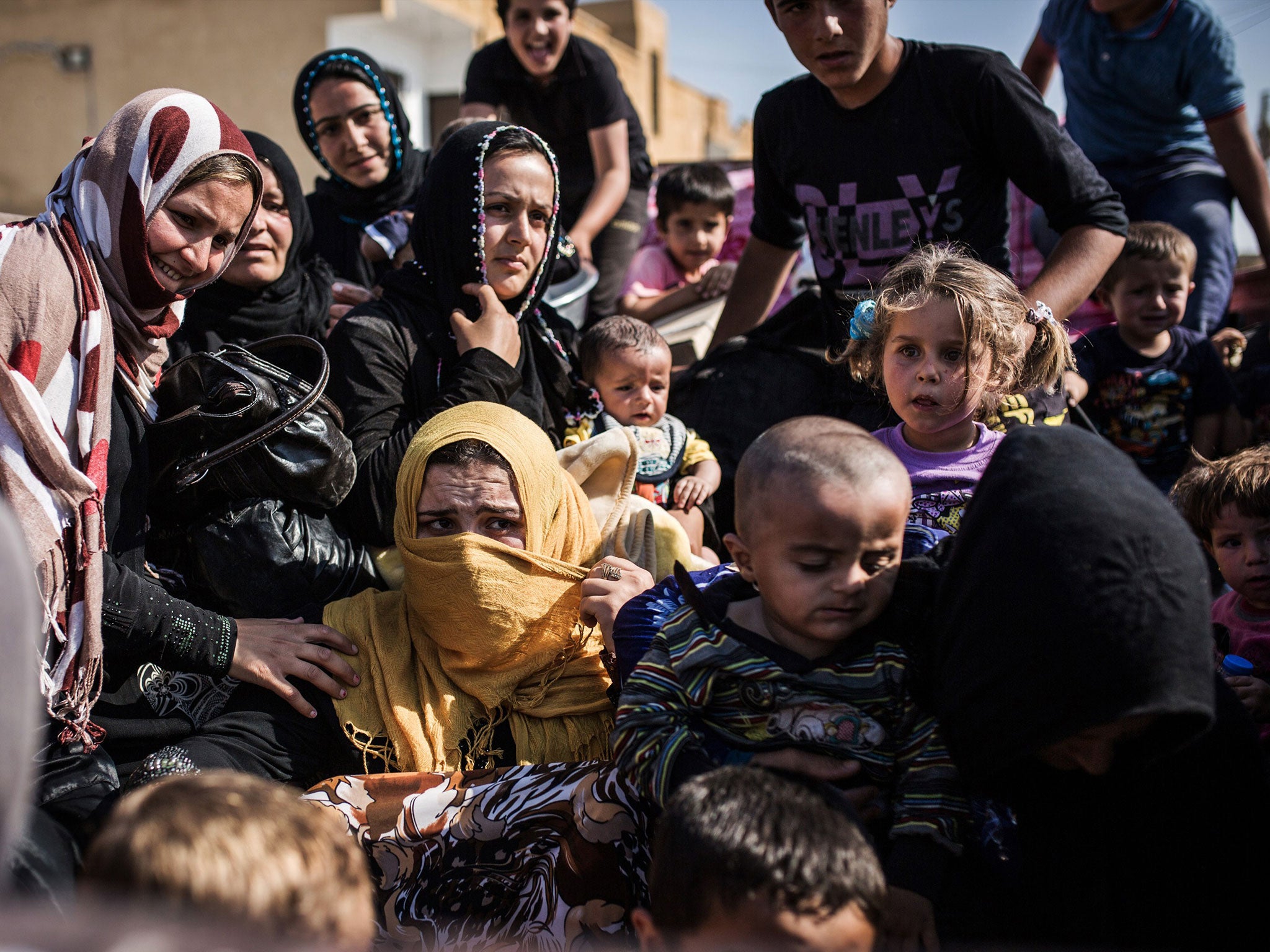Half a million Syrian refugees are set to have their food aid cut because of a severe lack of funds, the United Nations' food security arm has said.
From August the UN's World Food Programme will be forced to end coupons to refugees living in towns and cities in Jordan because of overstretched budgets if new money cannot be found.
The international aid is the main source of income for over half of refugees living in Jordan, where a dramatic drop in food security has taken place since the start of the year.
"Just when we thought things couldn't get worse, we are forced yet again to make yet more cuts," Muhannad Hadi, the programme's regional director for the Middle East, North Africa, Central Asia and Eastern Europe said.
"Refugees were already struggling to cope with what little we could provide. We are extremely concerned about the impact these cuts will have on refugees and the countries that host them.
"Families are taking extreme measures to cope such as pulling their children out of school, skipping meals and getting into debt to survive. The long-term effects of this could be devastating."
The WFP wrote to Syrian refugees living in Jordan today by text message to help them prepare for the move.
Jordan has a 375km border with Syria and provides sanctuary for hundreds of thousands of displaced people, both in camps and in communities.
Refugees living in camps, which are funded separately, will not be affected by the round of cuts, which apply to the hundreds of thousands living independently.
83 per cent of the 630,000 Syrian refugees living in Jordan live outside camps, according to the UNHCR. Those located outside the camps are thought by agencies to be most at risk.
The proportion of Syrian refugees who are food secure has fallen from 52 per cent in 2014 to just 15 per cent in 2015, the WFP says - a figure calculated before planned cuts have taken place.
Voucher payments to refugees living in towns and cities in both Lebanon and Jordan are already this month being halved due to budget issues, down to $13.50 a month.
Jonathan Campbell, the World Food Programme's emergency coordinator of the Syria refugee operation in Jordan told The Independent that families were dependent on the aid.
"If assistance stops, I can not imagine how the families will cope and we can only expect that they will have to turn to desperate measures to survive," he said.
"When we talk to the families themselves, they are always telling us that if it was not for WFP assistance, they could not continue here.
"One lady the other day told us that ‘every time I get an SMS, my heart leaps into my throat in case it is a message from WFP cutting assistance’. Now her worst fears have materialised."
Zulfiye Kazim, an assessment manager at the aid research initiative REACH, which ran a joint study with WFP on food security of Syrian refugees in Jordan, said many of the asylum seekers were increasingly vulnerable.
"The analysis we've conducted has shown a very dramatic increase in the vulnerability of Syrian refugees in Jordan, with 69 percent of Syrian households now living below the poverty line, compared to 43 per cent last year," she explained.
The UK, which has consistently refused to take a significant number of Syrian refugees, admitted only around 200 asylum seekers compared to 30,000 in Germany, over 13,000 in the United States, 11,000 in Canada, and 2,400 from France.
Britain has however joined in international efforts to contribute hundreds of millions of pounds to help refugees on the ground.
The UK's Department for International Development did not immediately respond to a request for comment on this story.

Join our commenting forum
Join thought-provoking conversations, follow other Independent readers and see their replies
Comments